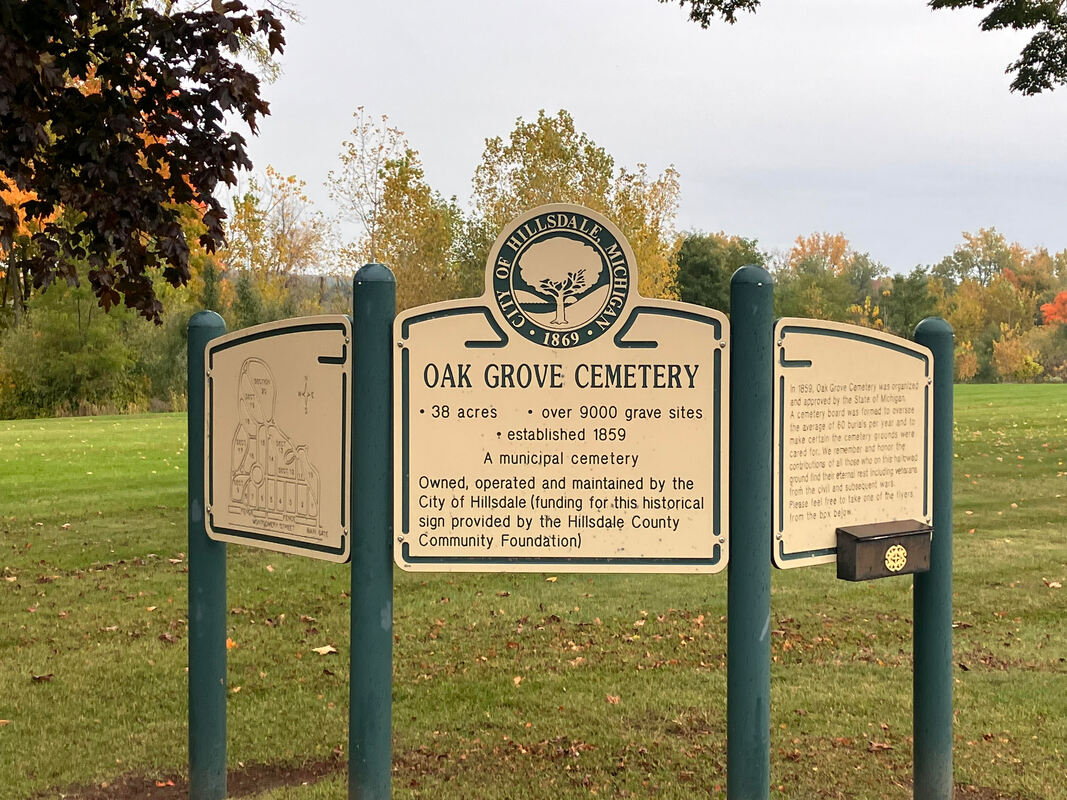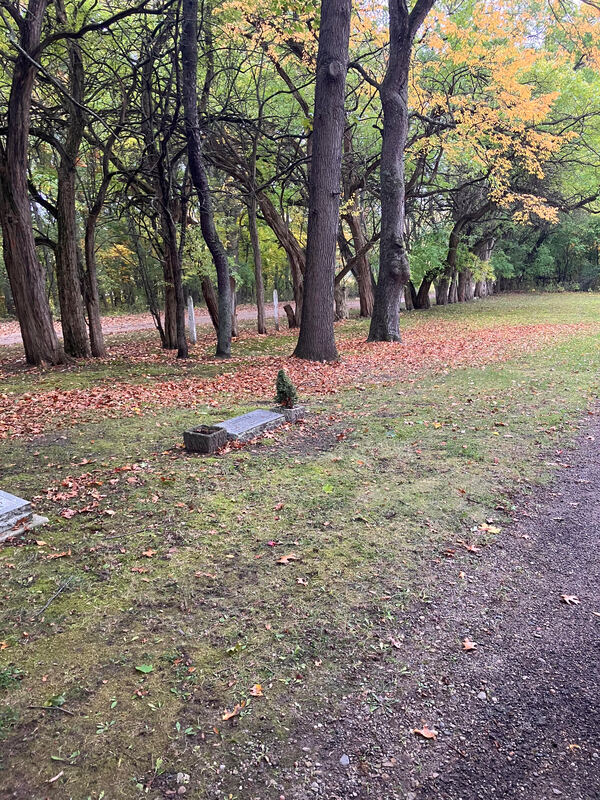|
We finally did it.
We finally launched our Medical Bill Relief Program. Currently the program is available at the Hillsdale Hospital in Hillsdale County Michigan. This has been a dream of ours from the beginning. We know this is a really needed service in our area and we are happy to finally provide this care for women and families suffering loss. The burden of grief is intolerable, but the financial burden can make it worse. Women suffering miscarriage (pre-20 week) will receive the following information from the hospital upon diagnosis: Are Miscarriage Medical Bills A Burden? MEDICAL BILL RELIEF IS AVAILABLE. The Early Pregnancy Loss Association understands that the financial burden of medical bills following miscarriage adds to the grief of losing a child. We are here to help. Once your Hillsdale Hospital bill has been processed and any insurance, coverage, or other assistance is applied, up to $500 of the remaining balance for miscarriage-related medical expenses is eligible for support from the Early Pregnancy Loss Association. If you need this support, please contact Hillsdale Hospital’s medical billing department at 517-437-8335 Ext 8200, ask for EPLA’s miscarriage bill relief fund, and some of the nonprofit’s funds may be applied to your balance. Please note the full remaining balance of your bill may not be covered. Hillsdale Hospital and EPLA will partner to cover up to $500 in expenses per miscarriage, per person, not exceeding the amount of the remaining bill. We are so sorry for your loss, The Early Pregnancy Loss Association For more information see our joint press release with Hillsdale Hospital.
0 Comments
By: Emily Carrington EPLA Founder Sometimes it feels like my miscarried babies disappeared into thin air. I never saw their bodies, I never held them, and I never buried them. Sometimes they feel almost like bodiless souls. Little beings that never came into being. I know they are valued. I know they existed. I know they are not here any more. But I am not sure I always know they died. As we approach the Christian commemoration of All Hallowtide, and specifically All Saints Day, I find myself thinking a lot about bodies and death. Traditionally, this holiday has been a day to remember our mortality, to remember our loved ones who have died, and to celebrate the souls in heaven. Trips to the cemetery are a very appropriate way to mark this holiday. But what about the parents of children who died in early pregnancy? Where can we go? Our babies are often not buried. They often do not have headstones. In our current culture, our babies’ bodies do not have a place among the dead. This is why the Early Pregnancy Loss Association bought a cemetery plot this week. While we would love to see a world where the bodies of children lost in early pregnancy are given the dignity of a final resting place, we know this reality is too far away for many.
So, we bought a cemetery plot, and we are buying a beautiful bench style monument with an inscription to all children lost in early pregnancy. We hope this is a place where a family can go and remember their little one lost to miscarriage. We know that ritual and time and place matter in the grieving process. We want to give you that place. We also know this is only one headstone in one cemetery, but we hope the idea of permanent memorials for miscarried babies will grow. We hope that one day every cemetery has a place for people to grieve these lives lost too soon. We want to make space for you. We want to make space for our babies. We must number our babies among the dead. By: Maria Servold EPLA President
At the Early Pregnancy Loss Association, we talk a lot about how to help and support women after early pregnancy loss, especially during October, which is Pregnancy and Infant Loss Awareness Month. In addition to providing physical and informational support like we do with our free miscarriage care kits, it’s important to remember that many women will need ongoing emotional support following a loss. On our Hope Blooms podcast, we have talked with professionals about the benefits of seeking out counseling or a grief coach, and we’ve also talked about ways to help yourself have space to grieve. Another resource that you or a loved one may find helpful is this self-guided book, called The Miscarriage Map Workbook, written by licensed clinical psychologist Sunita Osborn, who also wrote a book about miscarriage called The Miscarriage Map. The workbook can help women move through trauma and grief using exercises and reflections, and the workbook also includes tips for medical professionals and therapists about how to help women after miscarriage. If this book looks like it may be helpful to you or a friend, we encourage you to give it a try and let us know what you think. EPLA exists to help families suffering from a miscarriage and encourage change in the culture surrounding the topic. Part of changing the culture is recognizing and rectifying the awkward language around the topic. Many loss parents have struggled with how to talk about the baby they lost, both with each other and friends and family. This struggle is captured well, in all its pain and toil, by Kayla Beth Moore in an article in Plough magazine, published earlier this year. The piece describes both the need to talk about her miscarriage and the difficulty of that task:
"No word seems to suit. One reason we are so silent as a society about pregnancy loss is that talking about it is terribly clunky. We are all afraid of saying the wrong thing, and for good reason. The wrong thing hurts, and most things are the wrong thing to say. My husband and I saw this problem early on. We also knew that we had to keep talking about it or our hearts would rot. We promised to each other that as we talked about it, we would always assume good will on behalf of the other person. And so we talked and stumbled in our talking, and hurt each other’s feelings, and forgave each other, and kept talking." If you’ve felt the strain of finding the right words to talk about your miscarriage or that of a loved one, know you are not alone. At EPLA we would love to hear your story and welcome submissions for our Hope Blooms publication. By Emily Carrington EPLA President
For the last few years there has been a growing trend of commercial brands allowing their customers to “opt-out for Mother’s Day.” This allegedly means they would not receive all of the Mother’s Day themed marketing emails that flow to our inboxes during April and May. For example, Kay Jewelers offers an opt-out option, saying, “We’re here to inspire love and happiness, but we know Mother’s Day can be a challenging time. If you’d rather not receive Mother’s Day related emails enter your email address below.” Other stores have shared similar messages with their customers and subscribers, acknowledging Mother’s Day is not easy for everyone. My first Mother’s Day following my first miscarriage was surreal. I didn’t know what to feel and honestly, that one wasn’t the hardest Mother’s Day for me. The feelings had not yet settled yet. It had only been a few days since my D&C, and I was simply trying to exist. It was later that my own identity, or lost identity, as a mother started to sting. I wanted that baby to hold. I wanted to be a mom. I wanted to do mom things. I felt left out of the club. It was because I had placed so much value on my own motherhood that I grieved it so deeply. I think Mother’s Day is a beautiful time to honor our own moms, to reflect on our own motherhood, and to hold up the women who have done so much for us. But for many it comes with pain. At EPLA, we know deeply that Mother’s Day is hard for some, and we’re glad to see that companies are starting to see it, too. By Maria Servold Hope Blooms Editor
Last month, the Early Pregnancy Loss Association hosted its second fundraising gala. Even though it was windy, raining, and cold outside in lower Michigan guests gathered with the spirit of the coming spring. We were delighted to fellowship with about 50 guests - new and old friends committed to caring for the women and families suffering miscarriage. A cash bar, hors d'oeuvres, and beautiful live plant decor provided by EPLA board member Katie Stockdale set a chic and cozy scene. Throughout the night, we promoted a Miscarriage Care Kit sponsorship drive, and more than 40 generous donations were made that evening alone! “The gala reminded me how important it is to come together,” said EPLA Executive Director, Emily Carrington. “While the tone of the gala was joyful, people also felt safe to share their own stories. I also think it was important for many who attended that they had an outlet to support others grieving early pregnancy loss.” Support from friends and donors has helped EPLA expand. “It has been amazing to watch this organization grow,” said Maria Servold, EPLA Board President. “When we first began this organization in 2016, we did not imagine we would be able to provide more than 1,000 kits to women across the country each year.” EPLA is so grateful for those who were able to attend the gala, those who generously helped sponsor the event, and those who sent donations in lieu of attending. “The gala was a huge success and a testament to the necessity of the work we are doing. We were thrilled to see such an outpouring of support,” Emily said. The Gala is the first of two special fundraisers for 2023. This fall EPLA will host another Fall Bulb Sale featuring tulips, daffodils, and other bulbs. If you are interested in ongoing support for EPLA we Miscarriage Care Kit Sponsorships are always available or we invite you to join us as a Monthly Donor. Hunger Games Actor and Wife Announce Pregnancy, Remind Miscarriage Victims They Are Not Alone3/13/2023 By Nick Carrington
Hope Blooms Editor Alexander Ludwig, best known for playing the ruthless Cato in The Hunger Games, and his wife, Lauren Ludwig, are expecting a baby after suffering three miscarriages. The couple recently announced the pregnancy on Instagram, noting that their previous losses taught them about themselves and each other. The couple had the same message in May 2022 when they announced their 3rd miscarriage. Then, Lauren stated some of the same truths that we espouse at EPLA: “I want to help others realize how common miscarriages are and how they aren't something to be embarrassed about. Going through this has made me realize, I definitely am not alone. It's so common and yet, I feel it's not talked about nearly enough. If more of us talked about these things, maybe we would feel less alone and at fault. Information is power and I want to start sharing more of it." Neither Ludwig has abandoned those principles. In their pregnancy announcement post last month, they continued to express empathy for those who, like them, have suffered miscarriages, reminding them that they are “not alone.” We celebrate with the Ludwigs and wish them good health as their child develops. And we applaud them for reminding us that those who suffer through miscarriages are not alone. Maria Servold
Hope Blooms Editor We at EPLA were happy to see this week that the founder of Frida products (like the well-known NoseFrida and Frida mom postpartum products) are launching products designed specifically for women suffering pregnancy loss. According to this article, founder Chelsea Hirschhorn first developed the popular items in her baby and mom lines even though other manufacturers thought the baby/postpartum space was “too small to disrupt.” Unsurprisingly, the well-designed products became near-essentials for new moms. If a mom-to-be doesn’t have any Frida products on her registry, you should buy them for her anyway! Hirschhorn said she decided to create products for pregnancy loss after suffering two miscarriages of her own: "After losing two pregnancies during the pandemic, I realized that I needed many of the same products as I did postpartum, but without the sentimental marketing that's usually attached to these items. Pregnancy loss is an emotionally delicate time, and until now there have been no products designed for it." Since our inception, EPLA has prioritized physical resources when providing for women suffering pregnancy loss. The physical side of a loss cannot be overlooked, even if the emotional side feels like it demands the most from us. We have curated miscarriage care kits for losses both after a D&C and for anticipation of miscarriage at home. The new Frida Mom incomplete pregnancy supplies are a welcome addition to the miscarriage care world. Emily Carrington
EPLA Executive Director Among the chatter and clutter of “New year, new you,” I have seen a very helpful admonition floating around social media: leaving 2022 doesn’t mean leaving the one you lost behind. For once, I think social media is right. It can be hard when the new year doesn’t feel fresh, and especially when you don’t want it to. What does fresh mean? Does it mean we forget, get rid of, or move on from all that we had? For women who suffered miscarriage last year, 2022 might hold many highs and lows and the only evidence of your baby. For many women, the entirety of their little one’s existence is limited to just a few months in 2022. Some women might be ready to move on, move forward, and get out of their grief. This is the way I felt. 2014 was a year of hell. Between February and October I conceived and lost two babies. 2015 was a welcome relief. I was tired of death, and I needed something different. I was not mad to say goodbye to 2014. But 2014 was also a year of life. Those babies lived inside of me, even if it was only for a few short weeks. That is something I should have done better to honor. Both for myself and for my babies. While I might have failed in this way - one thing is true: I have not forgotten about these children, nor have I “left them” in 2014. They are part of everything I do - even when I am not consciously aware of it. In their short lives they shaped me and my family, and their impact ripples through our community in so many ways. If you are struggling with hope as we enter a new year, know that your memories of a lost baby will not go away. The flipping of the calendar page does not erase their existence, nor does it speed up your grief process. But the coming of the new year does indicate that time passes and that can be hard to accept. Use this time as a marker to take account of where you are and how you are feeling. Know that their lives are still real. Know that moving forward in grief is not a failure. By Nick Carrington
Hope Blooms Blog Editor As Christmas celebrations fade and New Year’s approach, many of our readers may be remembering loved ones they’ve lost this year or during the holiday season in other years. This time of year can be particularly difficult for those mourning the loss of a miscarried baby. The Understanding Heart, a blog and social media page dedicated to sharing stories of pregnancy loss, imparts some wisdom about dealing with miscarriage and pregnancy after loss during the holiday season: Pregnancy Loss: A Holiday Survival Guide Trying to Conceive: A Holiday Survival Guide Emily’s Story (losing a baby conceived during the holiday season) If you are struggling after a miscarriage, take some time to explore The Understanding Heart’s page. It’s full of helpful information and beautiful, comforting words to help you through this particularly difficult time. |
Archives
December 2023
Categories
All
|









 RSS Feed
RSS Feed